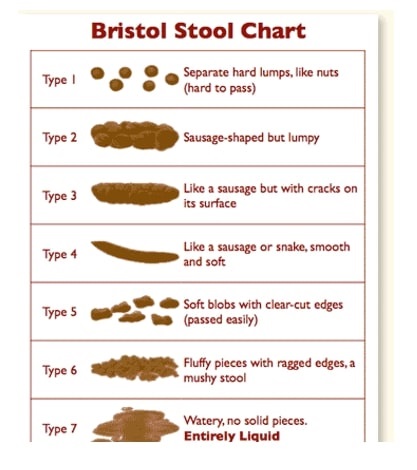
Wastewater monitoring is used in many countries as an early warning detection and outbreak strategy of Covid-19. However the issue is South Africa is that around 30% of the citizens are not connected to a flush toilet connected to sewer, writes Sudhir Pillay, Gina Pocock and Jay Bhagwan.
Friday is the United Nations Observance Day, World Toilet Day, created to commemorate the importance of toilets in our lives, especially for 3.6 billion people who do not have access an appropriate one. Approximately half of the global population cannot use a toilet for one of human beings' most basic functions.
It has been scientifically shown that the lack of sanitation is directly linked to the transmission of illnesses, such as cholera and diarrhoea, with young children the most affected. This year's theme for World Toilet Day is Valuing Our Toilets. Not many people may know this, but the pee and poop you leave behind and flush down a toilet contains vital information of the health of a community.
Firstly, if you happen to look inside the toilet bowl and see your poop before flushing, the size and texture of your poop can tell you a lot about health. Developed in 1997, the Bristol Stool Chart is a diagnostic medical aid classifies poop into seven categories (see image below).
Type 1 to 2 which are hard poop and the harder to pass poop while at the other end of the scale, type 6 to 7, are watery and soft poop that is usually a sign of diarrhoea. Healthy individuals poop are type 3 to 4. Besides the Bristol Stool Chart, the colour and odour of your pee and poop can also indicate your health.
When your flushed human faecal waste ends up at a wastewater plant, this can be used as a diagnostic tool.
Scientists have figured out ways to collect samples at wastewater works to reveal diet choices if there is illicit drugs use in the community and detect the presence of pharmaceuticals and potentially pathogenic microorganisms. This approach, known as wastewater surveillance, can provide a wealth of health information from a community without ever having to collect samples from each individual that is served by a sewered network.
Within a sewered watershed, a specific signature of chemical and / or biological agents can be generated. Scientists have adapted the approach during the emergence of the Coronavirus Disease 2019 (Covid-19) to extract, isolate and detect genetic pieces of the SARS-CoV-2 virus. The benefits of this approach are numerous. First, it can be undertaken at the population level without the need to do individual clinical testing and indicate disease trends and outbreaks within a defined community.
Wastewater testing
Wastewater testing can be undertaken routinely and will be more cost-effective than doing daily tests for a group of individuals. Second, it allows asymptomatic patients to be included in the disease dynamics at population level as all infected patients will excrete viral remnants.
Wastewater monitoring of viral remnants is currently being used in many countries as an early warning detection and outbreak strategy. In Italy, remnants of the SARS-CoV-2 virus was detected in wastewater samples before the country's first positive clinical sample.
Lastly, and more recently, the population dynamics of different SARS-CoV-2 variants can be monitored over time. Wastewater samples can show variants of SARS-CoV-2 that have not been seen in patient data. This finding has also been seen in South Africa through a Water Research Commission (WRC) study with partners. Further, it can show which variant has become the wildtype – the one that prevails in a community and provides timeline of establishment of a variant of concern or interest.
It is clear that wastewater surveillance can be a valuable and helpful complementary surveillance tool to clinical testing and devising public health responses to disease management. However, in many developing countries, flushing toilets connected to sewers are not available to significant portion of the population.
In South Africa, around 30% of the citizens are not connected to a flush toilet connected to sewer. There are very few municipalities in South Africa that have only sewered systems. Alternative methods were required to bring the population that is not connected to sewers into the surveillance monitoring.
The WRC and Waterlab looked at developing techniques for understanding Covid-19 dynamics in areas that were not sewered. Using a process of elimination, the research team from Waterlab showed that passive sampling devices installed in the community run-off water and receiving rivers were the best method for wastewater surveillance to understand Covid-19 disease dynamics in unsewered communities.
Monitoring can help with response
Passive samplers have the advantage of allowing for easier and cheaper transport of samples compared to grab samples that require the costly transport of large volumes of water maintenance of the cold chain out of rural areas. Sample processing is also much quicker compared to the concentration of water samples.
The study showed that inclusion of trend monitoring of SARS-CoV-2 prevalence in unsewered communities together with established wastewater surveillance from wastewater works can provide the public health sector with a city-wide disease response.
This has demonstrated how water and wastewater quality surveillance can organise a long-term opportunity to manage water quality and human diseases.
- Sudhir Pillay, Gina Pocock & Jay Bhagwan are part of the Covid 19 Wastewater surveillance monitoring team at the Water Research Commission.

